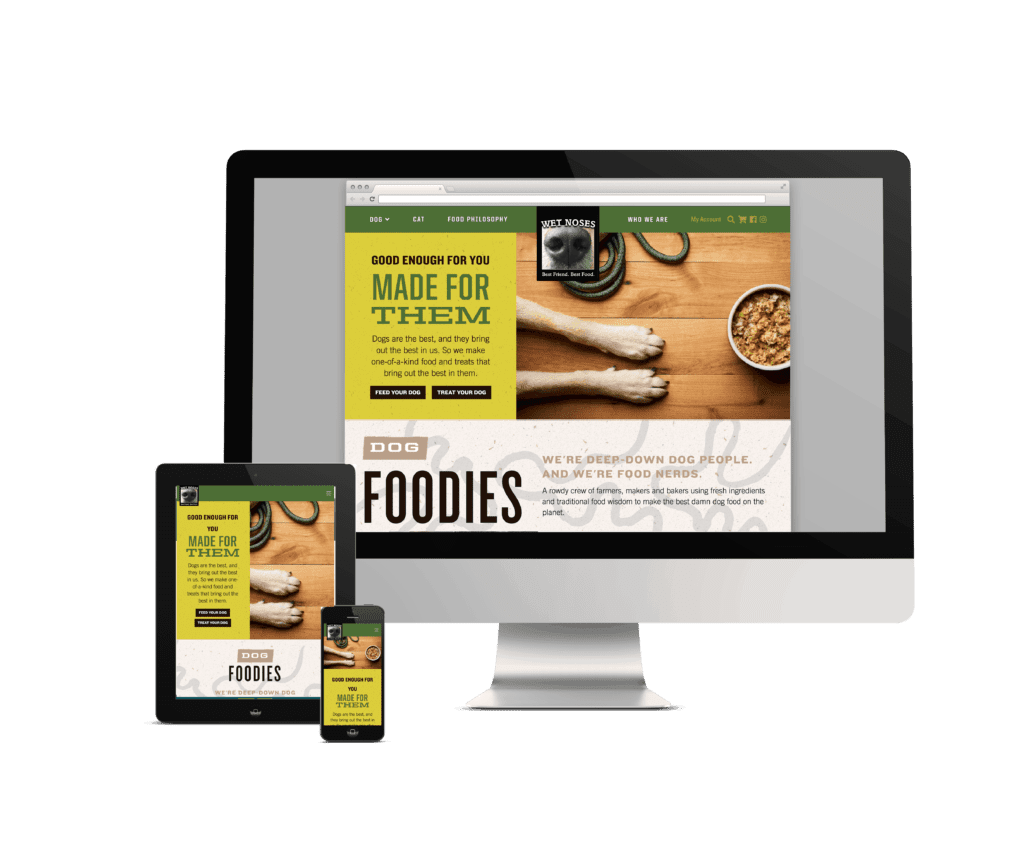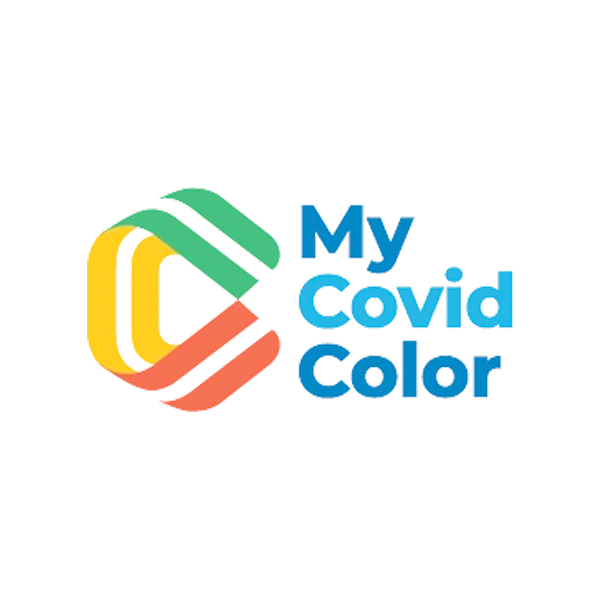If you’re anything like me, you’re in your mid-30’s, struggling to make rent and you can’t figure out where you left your stupid wallet, let alone your childhood…
But fear not! You’ve finally accepted something intrinsic about yourself – you are an artist! You have a strong need to express your creative side, something you can’t fight or repress – at least not without sacrificing your happiness and sanity.
Now, while most of my managers in the past have politely informed me that the symptoms of “creativity” are counterproductive, distracting, or even hurtful to the company and corporate world, I would argue that nothing could be further from the truth.
Over the course of my next few blogs, I’ll be exploring what it takes to survive the corporate world while maintaining your own well being. There’s nothing quite as soul-crushing as fluorescent light bulbs, cubicle walls and hovering micro-managers.
Well, except maybe for trying to survive solely on your art income – which feels like a staggeringly monumental task.
The corporate world feels to me like a way to crush true creativity in the name of the almighty dollar. It offends me to my core, not just my principles as an artist, but as a person. However, it’s the necessary evil that’s here to stay, and we’ve all got to make friends with the beast in some form or another.
So here’s how I’m doing it.
Step 1 – Know Thyself
This is the first – and easily the hardest – step in just about any truly fulfilling venture. Taking the time to learn what makes you happy, what makes you angry, what you can and can’t make your peace with or even ignore…
You’ve made huge leaps in this category already, just by admitting you’re a creative soul – that alone will help you on your way. Even if you’re not, I can offer no better advice than was found inscribed on The Temple of Apollo at Delphi – γνῶθι σεαυτόν – know thyself.
Artistically, this will mean not just knowing that you’re a creative, or even what you want to create, but what you want from your creative output.
Fame? Fortune? Personal gratification? To create for creativity’s sake?
These answers, and any others you might find, are perfectly acceptable. But you must take the time to know yourself and know what you want. If you don’t, there’s no chance of actually making yourself happy when you have no idea what brings you joy.
Practical steps
- Meditate – find quiet time to center yourself, and ask yourself the hard questions.
“Who are you, and what do YOU want?” -Uncle Iroh - Take notes – it’s easy to find yourself in the quiet moments, it’s hard when life gets loud. Keep track of the answers you find.
“When you think you are at your limit; remember why you clench your fist – where you came from… your origin. That’ll bring you just a little past your limit.” -Nana Shimura - Keep creating – there’s nothing more telling of what you are inside than what you create. As an artist, it’s your most dangerous tool.
“It is easy to write. Just sit down at your typewriter and bleed.” -Ernest Hemingway
Step 2 – Get a Job!
Alright, this seems like the same advice you’ve been hearing from the older generations for your whole life, the mantra of the baby boomers, the consistent berating barrage of degradation that implies what you do isn’t a “real job.”
But hear me out.
Your creative work is your own, no matter what you decide to do with it after. If you sell it, great! If you keep it, awesome! If you utilize your creative skills with an employer who understands what you’re capable of? Amazing!
While it sounds far-fetched, the truth is that many managers appreciate their employees’ creative talent. While there are always going to be bad managers, bad employers, and low-creativity jobs, that doesn’t mean you’re reduced exclusively to them.
Yes, maybe your sci-fi novella doesn’t look good on the average resume – then make your resume above average. Maybe your ability to blow glass or draw cats or play ukulele isn’t beneficial to your current job… so keep looking!
The skills you have dedicated time to honing and sharpening are valuable. Full stop.
While keeping in mind that you don’t ever have to give your creativity to an employer you don’t want to, explore your options. If your current employer isn’t willing to utilize the creative skills you want to offer, then see step 3.
Practical steps
- Make a list – this is just for your eyes. Make a truly honest list of what you want from your art – why you do what you do.
“Who looks outside, dreams; who looks inside, awakes.” -Carl Jung - Research employers – it seems simple advice, but it’s beyond invaluable to know the people who are offering money for you and your time – and why.
“Her father had always said that a man could be fairly judged by the quality of his allies and that of his enemies.” -Jim Butcher - Hone your resume – utilize your skills to sell yourself. It gives your employer a chance to know who they’re getting, and what you’re capable of.
“The worst financial transaction you will ever make is selling yourself short.” -Greg Gilbert
Step 3 – Never Settle
There’s a certain restlessness that exists in creative people. They are never content, never satisfied (especially by their own work), and see the world for what it could be, rather than what it is. It’s that sort of artistic drive that you must harness.
The idea of “settling” for a career or employer is something that’s always bothered me. Every job I’ve taken that I knew was beneath me, every skill I’ve set aside to make a paycheck, every manager and teacher who yelled at me for doodling on my notebooks… they all taught me something I desperately needed to know;
Settling is a state of mind, not an act.
When an artist knows themselves, knows what they want, what they’re willing to accept and what they’re willing to offer, then they will never settle. They will never give up the internal struggle to create, the need for their personal freedom, the drive that pushes them forward.
Settling for an employer is a long-term comfort, where an artist drops into a rhythm and lets their skills die out. Even an artist who practices as a hobby or their own sanity hasn’t settled – but one who has given up and let those skills deteriorate can no longer be called an artist.
Let that discomfort and desire for better guide you. It can show you even more about yourself, your art, and even open doors you didn’t know existed.
Keep pushing, keep searching. Wander eternal, if you must. But never settle for someone else’s dream – yours are valid, and the world needs them.
Practical steps
- Keep creating – the worst thing you can do is let your skills fade. Even if it’s just for your own personal joy, never stop the artistic flow.
“The desire to create is one of the deepest yearnings of the human soul.” -Dieter F. Ucktdorf - Open up communication – talk to the people in your life about ways to utilize your skills – employers, family, friends, anyone who knows you.
“I found that with depression, one of the most important things you could realize is that you’re not alone.” –Dwayne “The Rock” Johnson - Keep searching – remember that artistic drive? Let that push you to search – for new jobs, new opportunities, new artistic outputs.
“Seriously, if you always put limits on what you can do, physical or anything else; it’ll spread over into the rest of your life. It’ll spread into your work, into your morality, into your entire being… There are NO limits. There are plateaus, but you must not stay there, you must go beyond them. If it kills you, it kills you. A man must constantly exceed his level.” –Bruce Lee
This corporate game is not easy to survive, and it’s particularly ruthless on creatives. This is why I think it’s all the more imperative to keep supporting each other – otherwise, we all drown and we’re left in a very boring dystopia.



